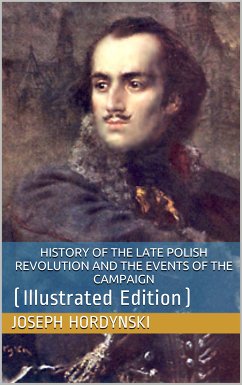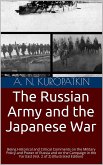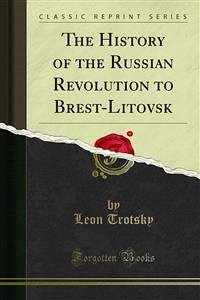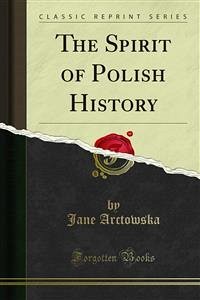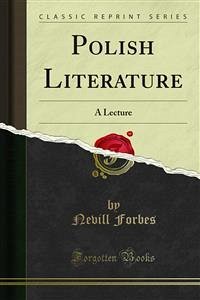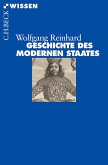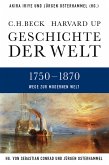An eye witness account of the November Insurrection of 1830
Joseph Hordynski was an officer in the Polish Army during the November Uprising. He later emigrated to France and wrote histories of Poland.CASIMIR PULASKI,
Kazimierz Michal Wladyslaw Wiktor Pulaski of Slepowron was a Polish nobleman, soldier and military commander who has been called, together with his counterpart Michael Kovats de Fabriczy, "the father of the American cavalry".
Born in Warsaw and following in his father's footsteps, he became interested in politics at an early age and soon became involved in the military and the revolutionary affairs in the Polish–Lithuanian Commonwealth. Pulaski was one of the leading military commanders for the Bar Confederation and fought against Russian domination of the Commonwealth. When this uprising failed, he was driven into exile. Following a recommendation by Benjamin Franklin, Pulaski travelled to North America to help in the cause of the American Revolutionary War. He distinguished himself throughout the revolution, most notably when he saved the life of George Washington. Pulaski became a general in the Continental Army, created the Pulaski Cavalry Legion and reformed the American cavalry as a whole. At the Battle of Savannah, while leading a cavalry charge against British forces, he was fatally wounded by grapeshot, and died shortly thereafter.
Pulaski is remembered as a hero who fought for independence and freedom in both Poland and the United States. Numerous places and events are named in his honor, and he is commemorated by many works of art. Pulaski is one of only eight people to be awarded honorary United States citizenship.
Joseph Hordynski was an officer in the Polish Army during the November Uprising. He later emigrated to France and wrote histories of Poland.CASIMIR PULASKI,
Kazimierz Michal Wladyslaw Wiktor Pulaski of Slepowron was a Polish nobleman, soldier and military commander who has been called, together with his counterpart Michael Kovats de Fabriczy, "the father of the American cavalry".
Born in Warsaw and following in his father's footsteps, he became interested in politics at an early age and soon became involved in the military and the revolutionary affairs in the Polish–Lithuanian Commonwealth. Pulaski was one of the leading military commanders for the Bar Confederation and fought against Russian domination of the Commonwealth. When this uprising failed, he was driven into exile. Following a recommendation by Benjamin Franklin, Pulaski travelled to North America to help in the cause of the American Revolutionary War. He distinguished himself throughout the revolution, most notably when he saved the life of George Washington. Pulaski became a general in the Continental Army, created the Pulaski Cavalry Legion and reformed the American cavalry as a whole. At the Battle of Savannah, while leading a cavalry charge against British forces, he was fatally wounded by grapeshot, and died shortly thereafter.
Pulaski is remembered as a hero who fought for independence and freedom in both Poland and the United States. Numerous places and events are named in his honor, and he is commemorated by many works of art. Pulaski is one of only eight people to be awarded honorary United States citizenship.

